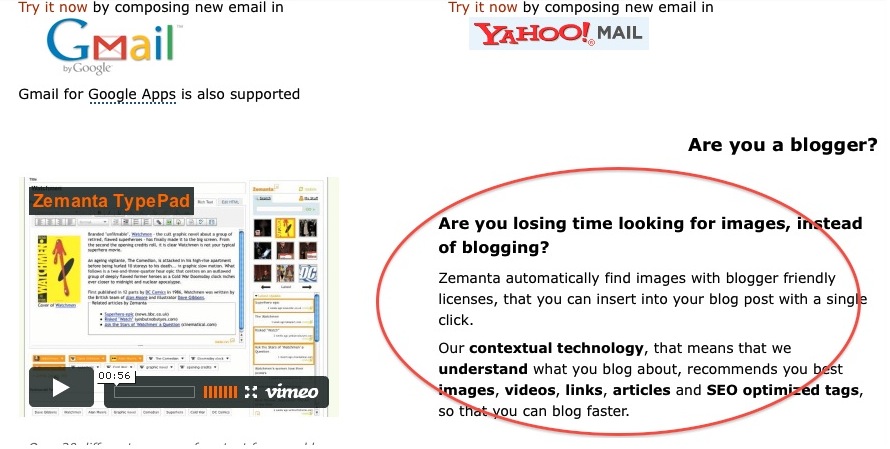Companies are increasingly tapping into the blogger community for content as paid advertising.
Commonly referred to as sponsored conversations, influential voices are paid in cash, products or perks to lead online conversations on their blogs (and micro-blogging platforms such as Twitter).
In great contrast to the original blogger-as-independent-citizen-journalist, these sponsored conversations are appear more often and are being considered by some as less tainted and controversial than in the past. At least those that abide by best practices of disclosure and authenticity.
And, if you’re not looking for a short cut, some believe there is genuine opportunity.
Sponsored conversations aren’t without their risks though. Unlike the advertorial, a more traditional form of paid content advertising where the company can control the message, sponsored conversations are expected to be authentic thoughts and opinions about a product, service or brand.
Jeremiah Oywang of Forrester Research predicts that the use of sponsored conversations as a legitimate way to create buzz around a brand will likely increase during the recession. In his March 2, 2009 post Jeremiah lists some influential bloggers currently conversing about brands in a sponsored environment.
We’re talking some serious brand participation, folks. Here is just a sample of some corporations with pay to blog programs.
- Ford -giving bloggers a Flex to drive for a year
- Disney -working with influencers sponsoring conversations around movies
- WalMart -working with Mom and dad bloggers
- Kmart -shopping spree to bloggers. Gift cards to readers of blogs
- Sears – giving $500 gift cards to bloggers who start conversations
- Microsoft -putting high end products in bloggers hands
- Hewlett Packard –giving printers to the blogher community
- GM –sponsoring five moms to drive a Tahoe Hybrid
- Seagate -sponsoring a blogger’s conference in exchange for give-aways
Commercial and economical? Can it be the new formula for marketing?
With so much noise out there in mass communications, we, as a Net population, are turning toward our trusted bloggers to filter for us. We trust those bloggers, the ones in our daily RSS feed or iGoogle dashboard, to create real interactions and recommendations for us. And it’s really cheap for corporations –as long as they’re stuff is really good.
No more marketing speak.
Overall the Net pop is not interested in advertorials or advertisements. They want to choose their messages. That’s why they flock to the Net. They TiVo out commercials, Pandora their radio and buy stuff based on reviews from people on the Web. People they never met! But still trust? Odd.
Has the trust factor shifted from the corporation to the community?
The emerging consumer – yes, even consumers of high-involvement purchases such as legal services –are looking for commercial free environments to find information, inspiration, and conversation to help them make better purchases, stay informed and tap into an improved experience.
They [we] want to choose where, when, how and from whom we get those conversations.
Sponsored conversations for a law firm? I think it is definitely on the horizon.
Would it be too hard to imagine a law firm brand built on credible community feedback instead of one built around what a law firm thinks of itself? Is that too scary?
Imagine for a minute. A law firm sponsors a non-lawyer blogger who writes about commerce and trade, the banking bust, the housing debacle, the bail out bill. And, they openly state that they draw some of their material and perspectives from the professionals and resources provided by ABC Law Firm.
What about that charitable contribution money? Could it be put to better use sponsoring a blog about a real life cause or cultural interest? What if the law firm provided guest [lawyer] bloggers and real people, moms and dads, to blog side by side on the topic of childhood diabetes or the environment? (Just remember you heard it first here! I have plenty more ideas where that came from….)
With transparency and authenticity I think sponsored conversations are an economical and more effective mass communication for law firms. Do you think we’re ready for it?





